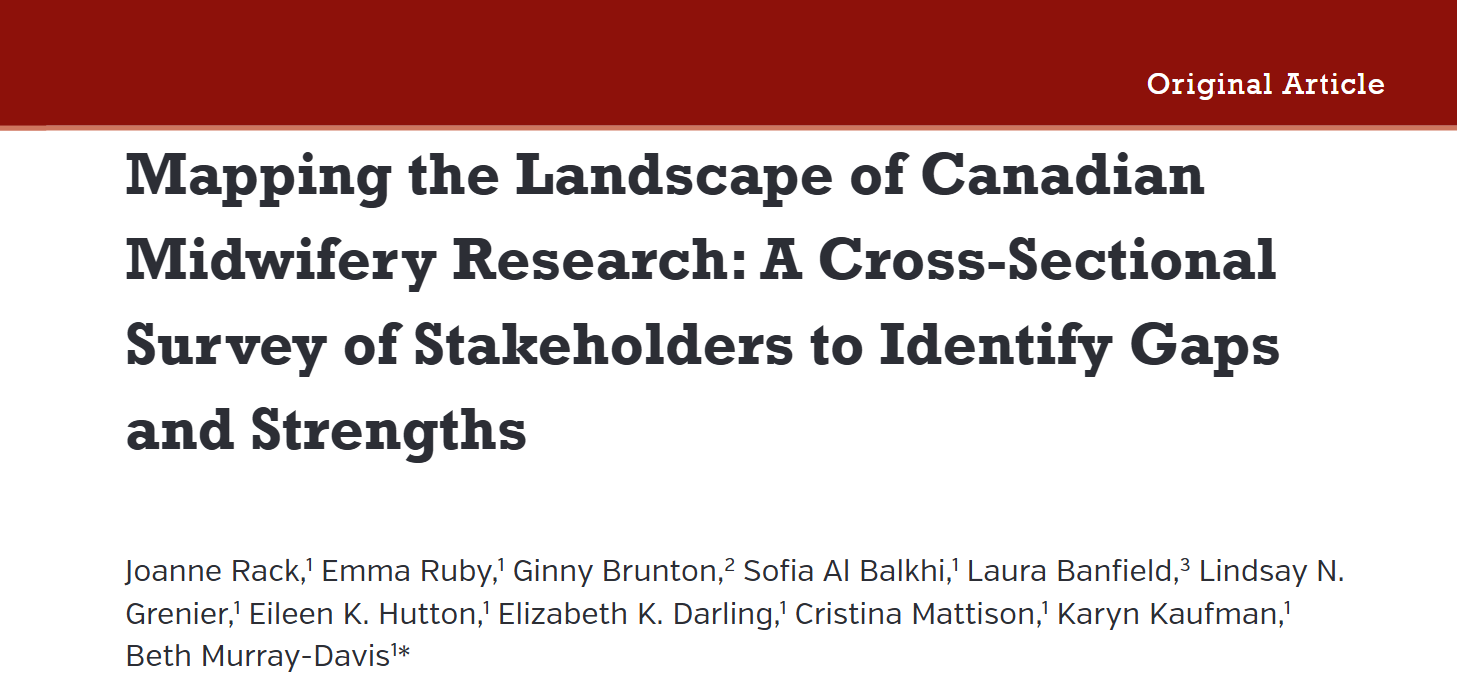 Congratulations to Joanne Rack, who is currently undertaking Bournemouth University’s four-year clinical doctorate, on the publication is week in the Canadian Journal of Midwifery Research and Practice. The latest paper “Mapping the Landscape of Canadian Midwifery Research” is Open Access and freely available online. The paper reports on a nation-wide study led by an inspiring team of midwifery researchers exploring the current landscape of midwifery research in Canada—identifying both its strengths and urgent gaps. With insights from over 200 stakeholders, this research calls for enhanced funding, mentorship, and research capacity to advance midwife-led, person-centered care.
Congratulations to Joanne Rack, who is currently undertaking Bournemouth University’s four-year clinical doctorate, on the publication is week in the Canadian Journal of Midwifery Research and Practice. The latest paper “Mapping the Landscape of Canadian Midwifery Research” is Open Access and freely available online. The paper reports on a nation-wide study led by an inspiring team of midwifery researchers exploring the current landscape of midwifery research in Canada—identifying both its strengths and urgent gaps. With insights from over 200 stakeholders, this research calls for enhanced funding, mentorship, and research capacity to advance midwife-led, person-centered care.
Profs. Vanora Hundley & Edwin van Teijlingen
Centre for Midwifery & Women’s Health
Reference:
- Rack, J., Ruby, E., Brunton, G., Al Balkhi, S., Banfield, L., Grenier, L.N., Hutton, E.K, Darling, E.K., Mattison, C., Kaufman, K., Murray-Davis, B. (2025) Mapping the Landscape of Canadian Midwifery Research Canadian Journal of Midwifery Research and Practice, 24 (1).


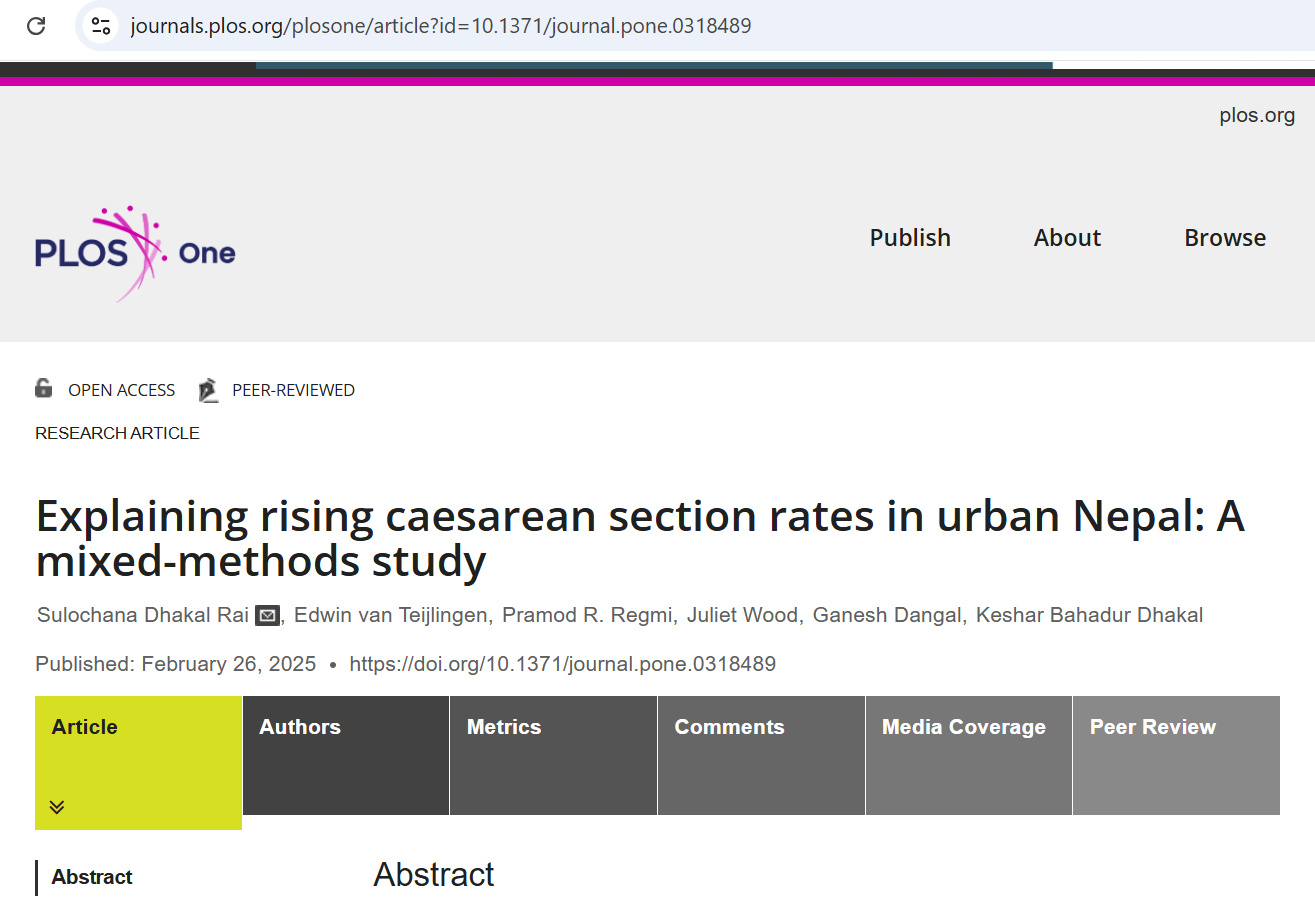

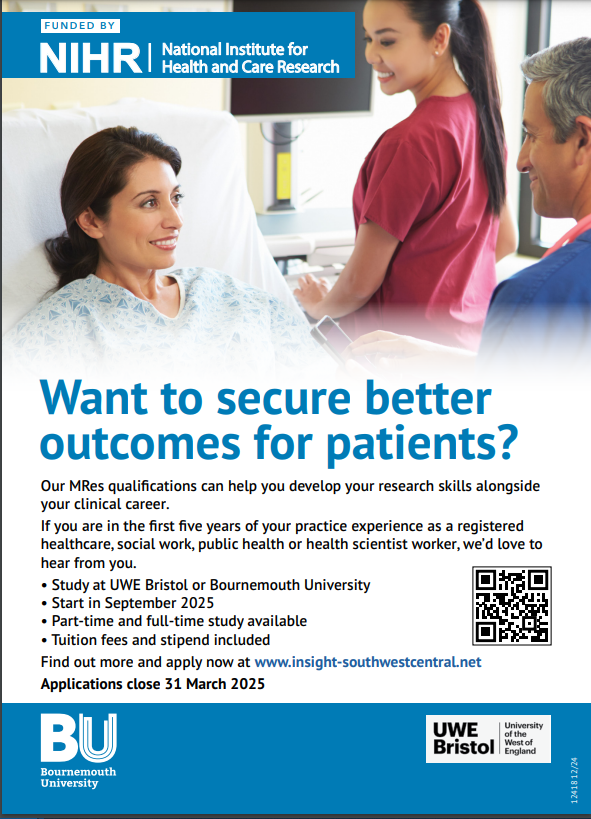
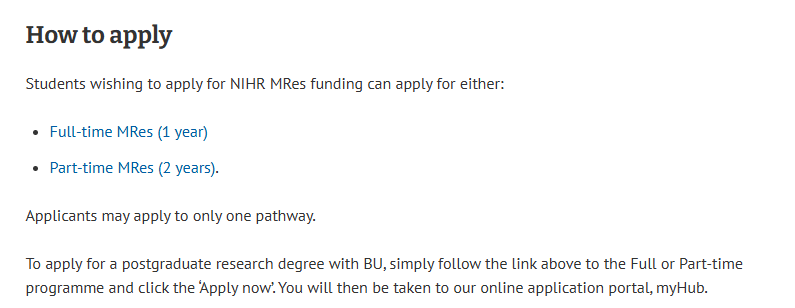


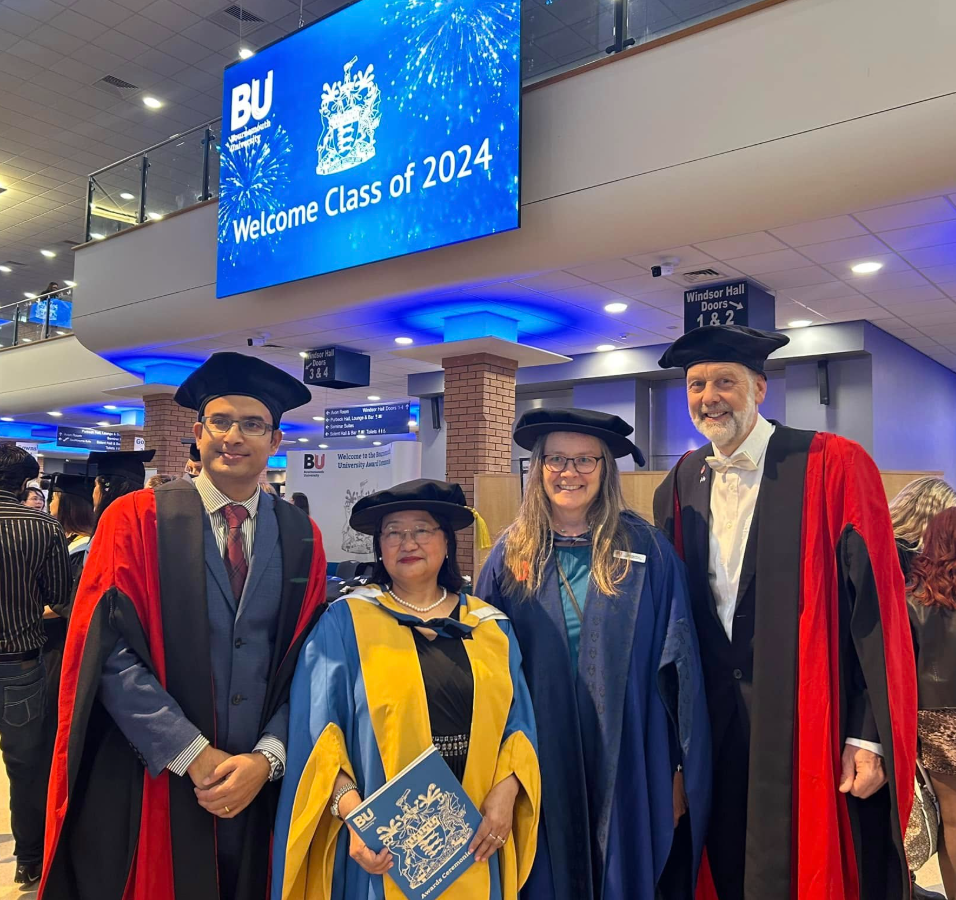


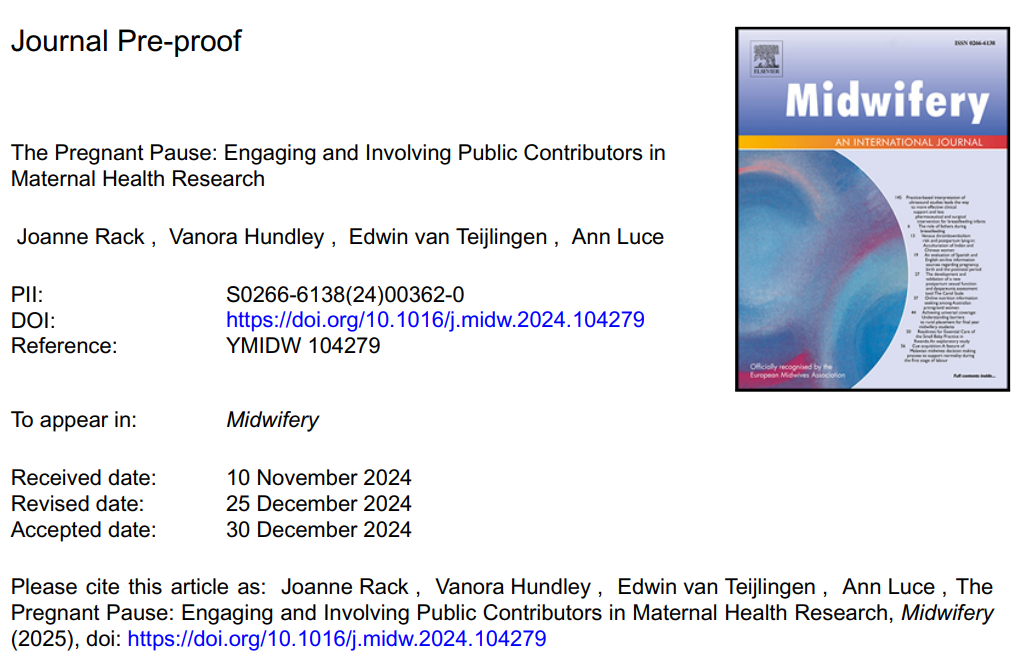

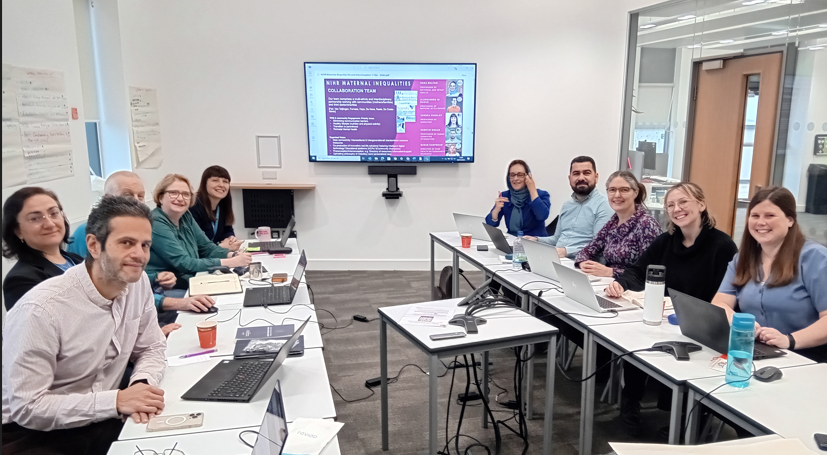

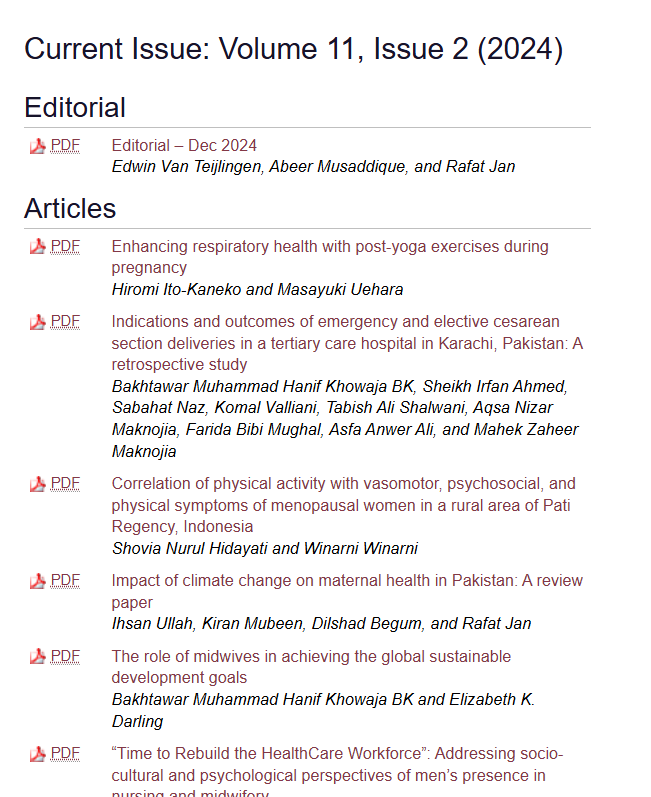
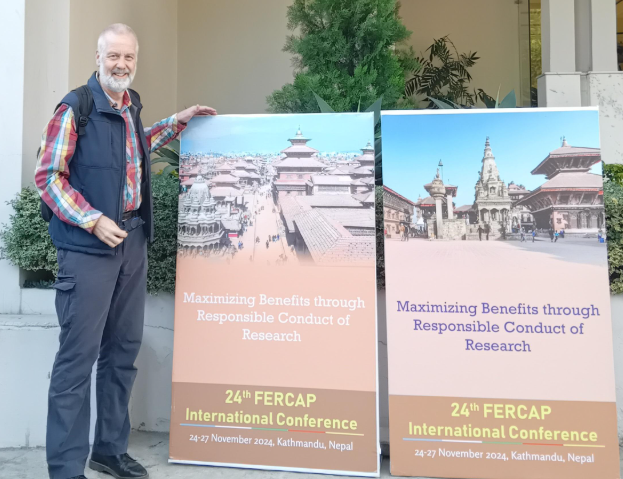
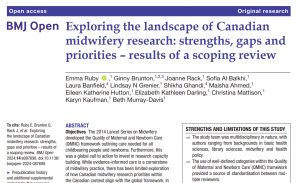
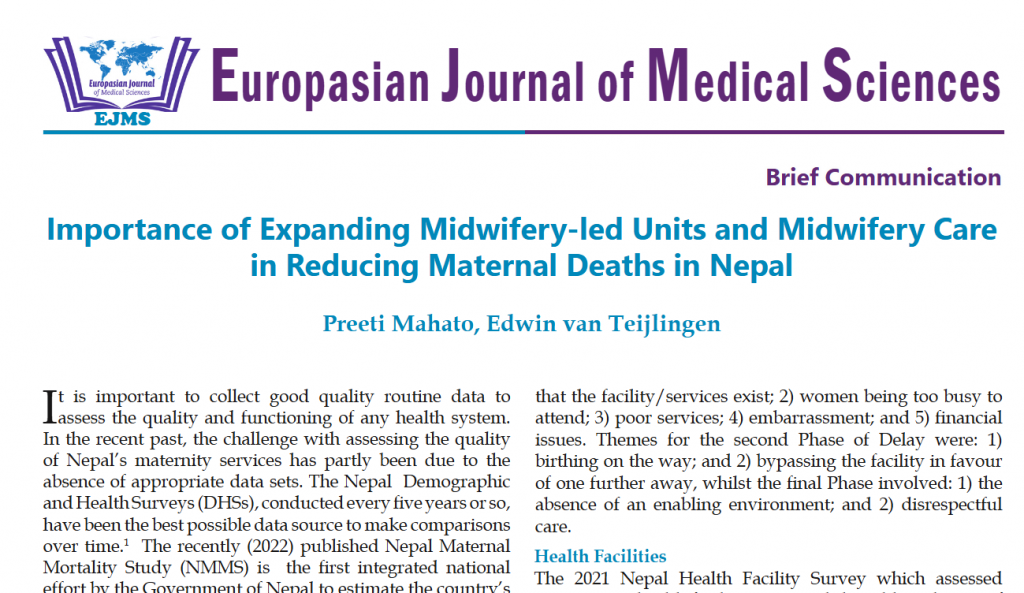
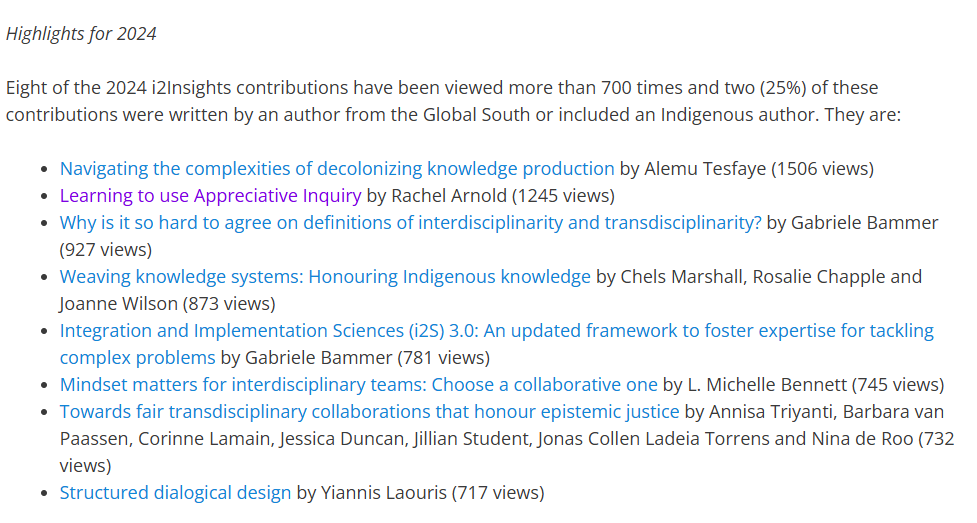
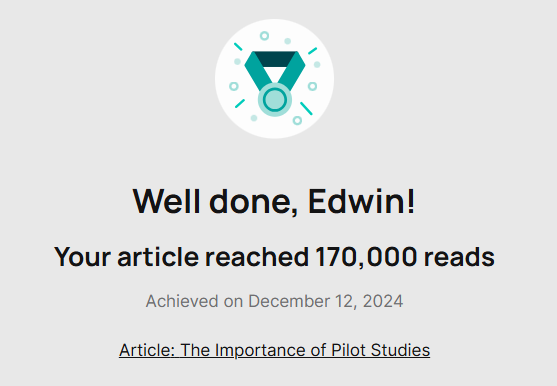
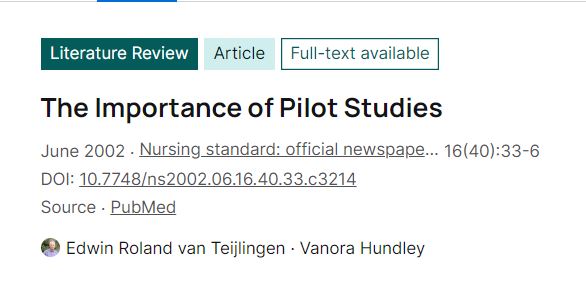
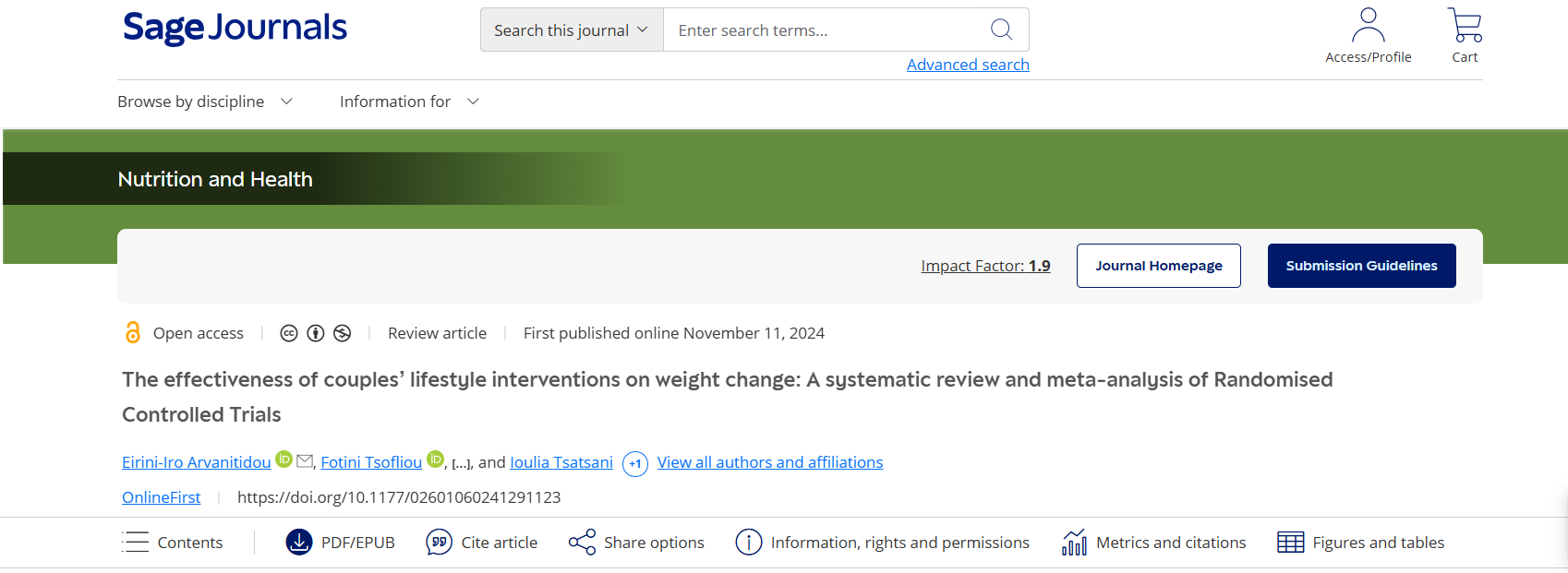
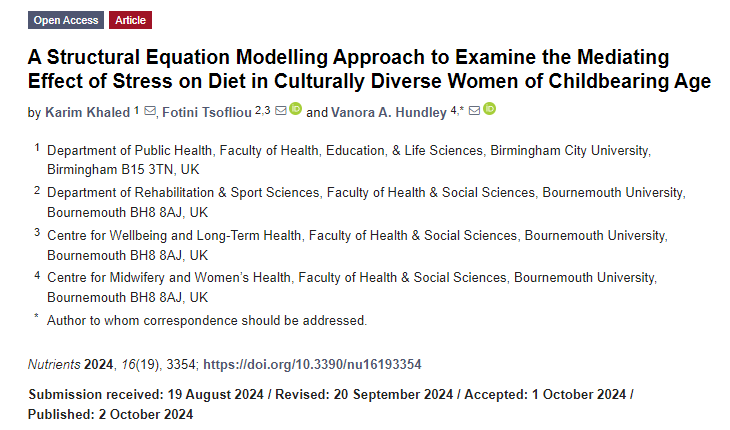

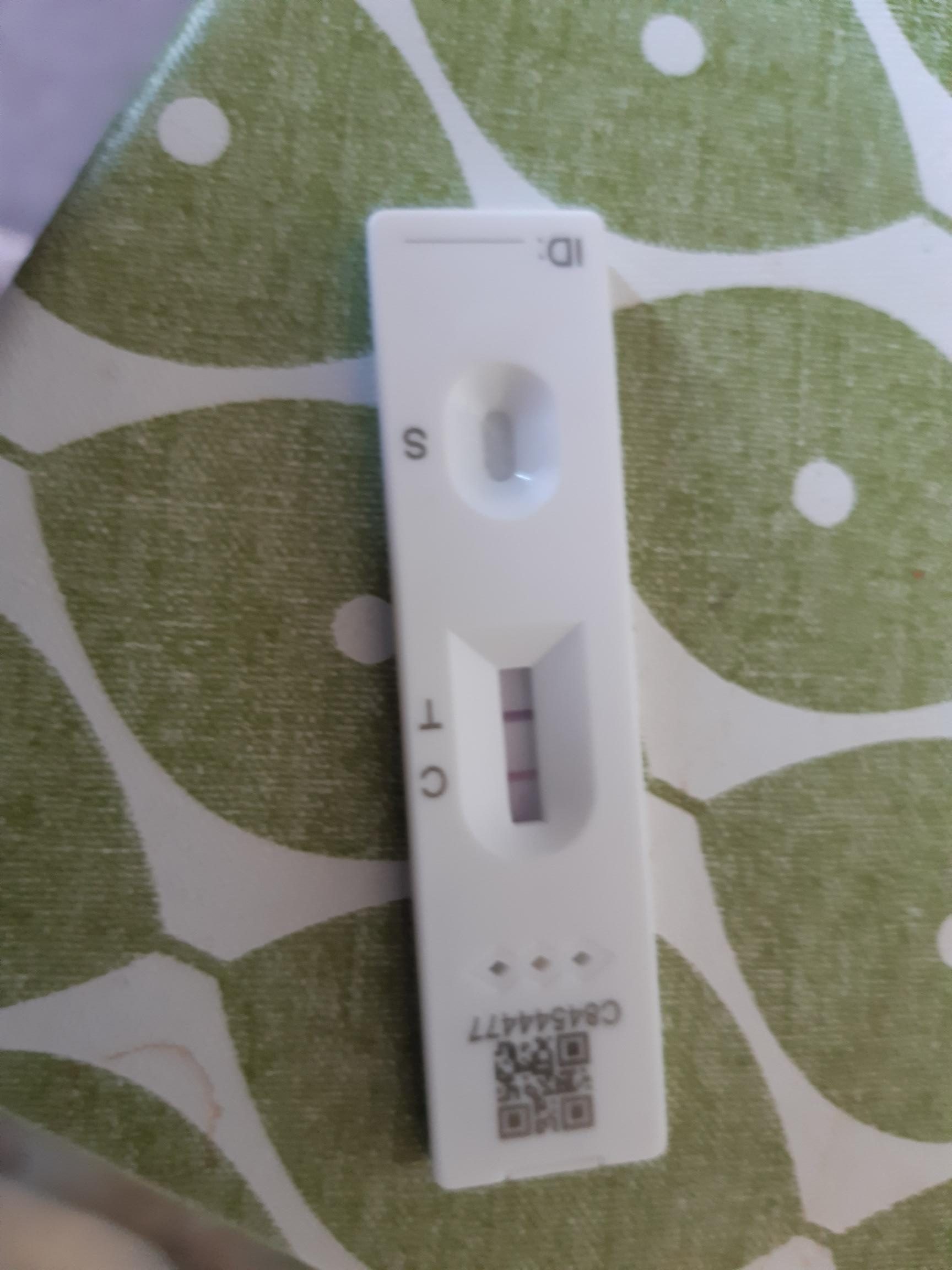
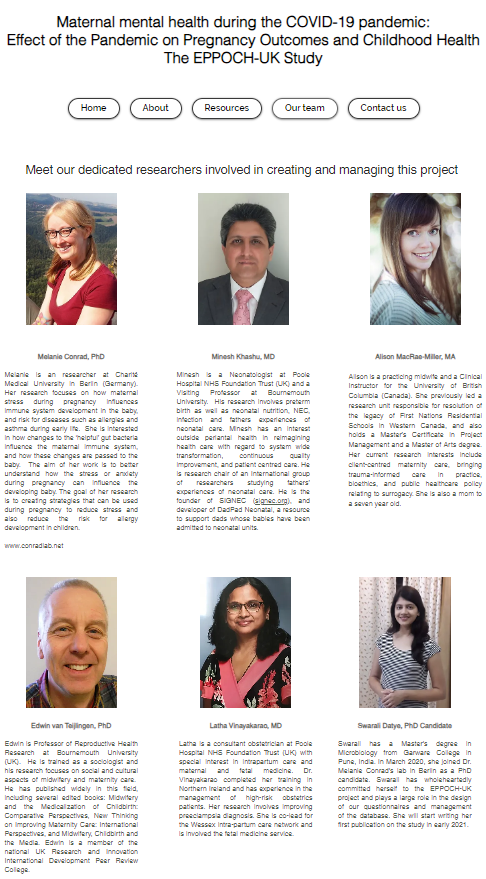
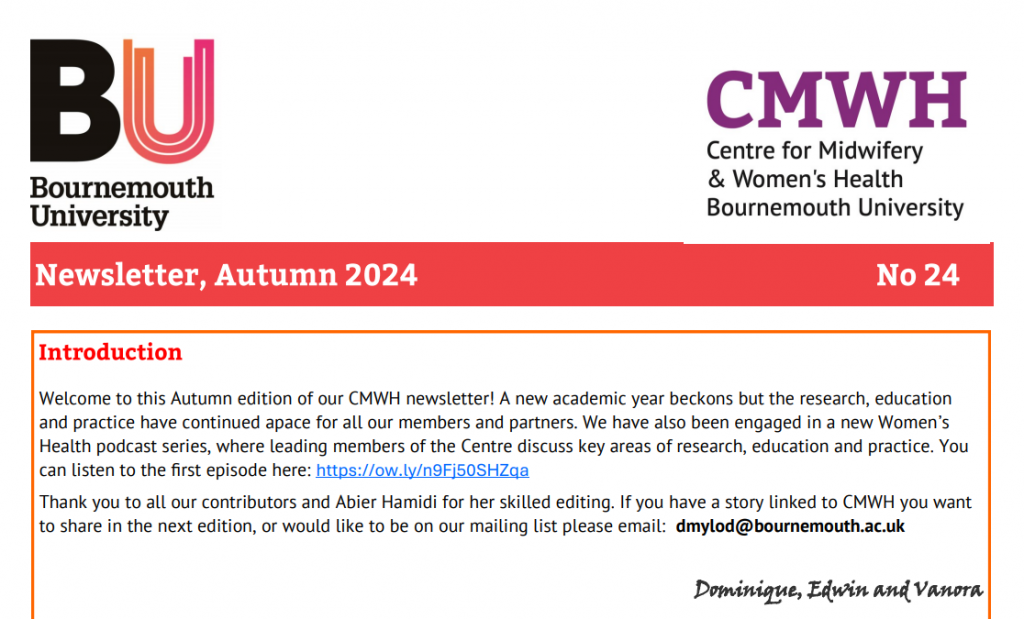 This edition includes news items and stories related the successes of CMWH staff and students. For example, about Drs. Dominique Mylod and Daisy Wiggins who both secured innovative NIHR funding for undergraduate student internships. Or about the recently awarded National Institute for Health and Care Research (NIHR) funding for ‘INSIGHT: Inspiring Students into Research’. This innovative three-year programme started this summer as part of the NIHR Academy’s portfolio of career support for health and social care professionals. The programme supports the NIHR aim to develop a highly skilled research workforce capable of advancing the best research which improves health and care, and benefits society and the economy.
This edition includes news items and stories related the successes of CMWH staff and students. For example, about Drs. Dominique Mylod and Daisy Wiggins who both secured innovative NIHR funding for undergraduate student internships. Or about the recently awarded National Institute for Health and Care Research (NIHR) funding for ‘INSIGHT: Inspiring Students into Research’. This innovative three-year programme started this summer as part of the NIHR Academy’s portfolio of career support for health and social care professionals. The programme supports the NIHR aim to develop a highly skilled research workforce capable of advancing the best research which improves health and care, and benefits society and the economy.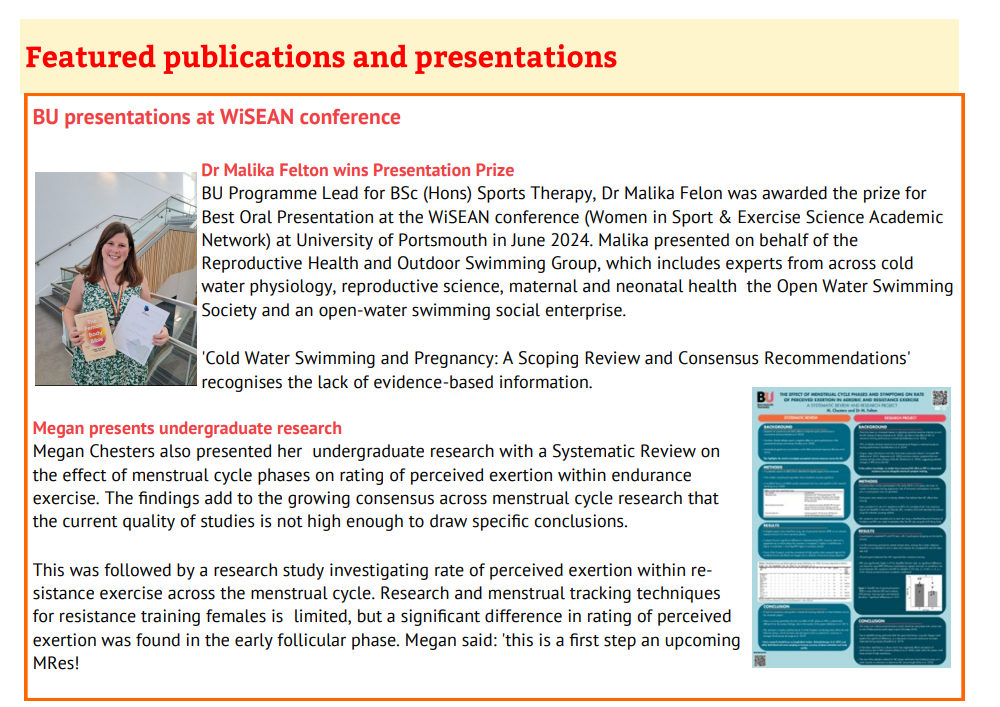
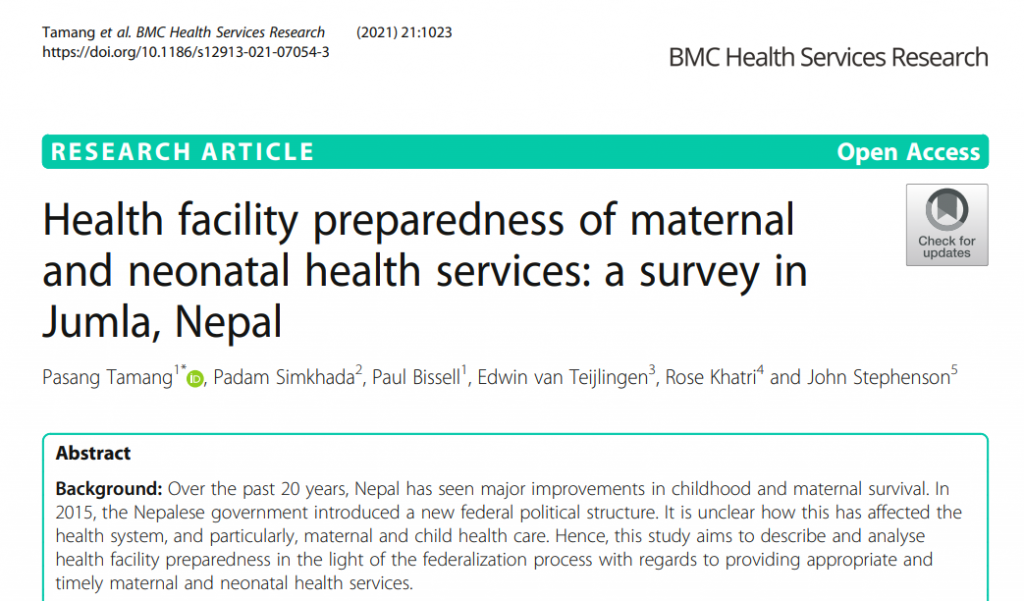

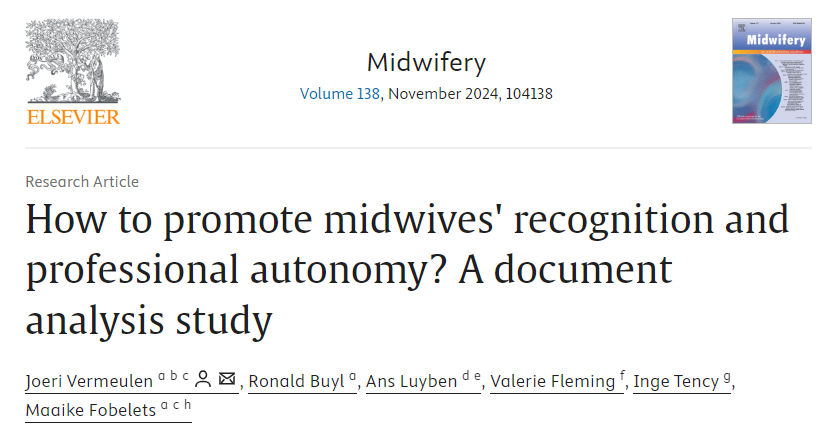












 From Sustainable Research to Sustainable Research Lives: Reflections from the SPROUT Network Event
From Sustainable Research to Sustainable Research Lives: Reflections from the SPROUT Network Event REF Code of Practice consultation is open!
REF Code of Practice consultation is open! BU Leads AI-Driven Work Package in EU Horizon SUSHEAS Project
BU Leads AI-Driven Work Package in EU Horizon SUSHEAS Project ECR Funding Open Call: Research Culture & Community Grant – Apply now
ECR Funding Open Call: Research Culture & Community Grant – Apply now ECR Funding Open Call: Research Culture & Community Grant – Application Deadline Friday 12 December
ECR Funding Open Call: Research Culture & Community Grant – Application Deadline Friday 12 December MSCA Postdoctoral Fellowships 2025 Call
MSCA Postdoctoral Fellowships 2025 Call ERC Advanced Grant 2025 Webinar
ERC Advanced Grant 2025 Webinar Update on UKRO services
Update on UKRO services European research project exploring use of ‘virtual twins’ to better manage metabolic associated fatty liver disease
European research project exploring use of ‘virtual twins’ to better manage metabolic associated fatty liver disease